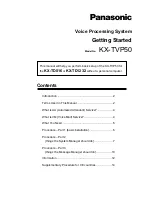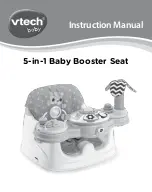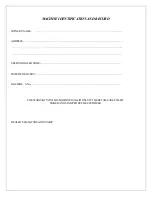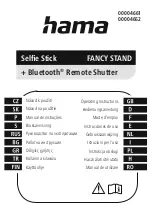
9
Specifications
Sensor Accuracy
A-Series Sensors (M1192A, M1193A, M1194A, M1195A)
: For A-Series sensor
SpO
2
and Pulse Rate accuracy specifications, reference your Philips/Agilent/HP
instrument’s Instructions for Use.
B-Series Sensors (M1191B, M1191BL)
: SpO
2
and Pulse Rate accuracy
specifications for M1191B and M1191BL sensors are the same as indicated for
obsoleted M1191A and M1191AL sensors in your Philips/Agilent/HP instrument’s
Instructions for Use. (Note: M1191B and M1191BL sensors replace obsoleted
M1191A and M1191AL sensors.)
Neonatal Applications:
The claimed accuracy numbers for neonatal application
are already increased by an additional 1% to account for affect on oximeter
measurements due to fetal hemoglobin in neonatal blood, as predicted by the
literature.
Light Emitting Diode Wavelength Ranges
Wavelength ranges for the light emitting diodes used in these sensors are within
600nm-1000nm, with an optical output power of less than 15mW. Knowing the
wavelength range can be useful to clinicians performing photodynamic therapy.
Measurement Validation
The SpO
2
accuracy has been validated in human studies against arterial blood
sample reference measured with a CO-oximeter. In a controlled desaturation study,
healthy adult volunteers with saturation levels between 70% and 100% SaO2 were
studied. The population characteristics for those studies were:
•
Approximately 50% female and 50% male ranging in age from 18-45
•
Skin tone: from light to dark
Because pulse oximeter equipment measurements are statistically distributed, only
approximately 2/3 of pulse oximeter equipment measurements can be expected to
fall within the + Arms value measured by a CO-oximeter. Functional testers, such
as an SpO
2
simulator cannot be used to assess the accuracy of pulse oximeter
Sensors.











































